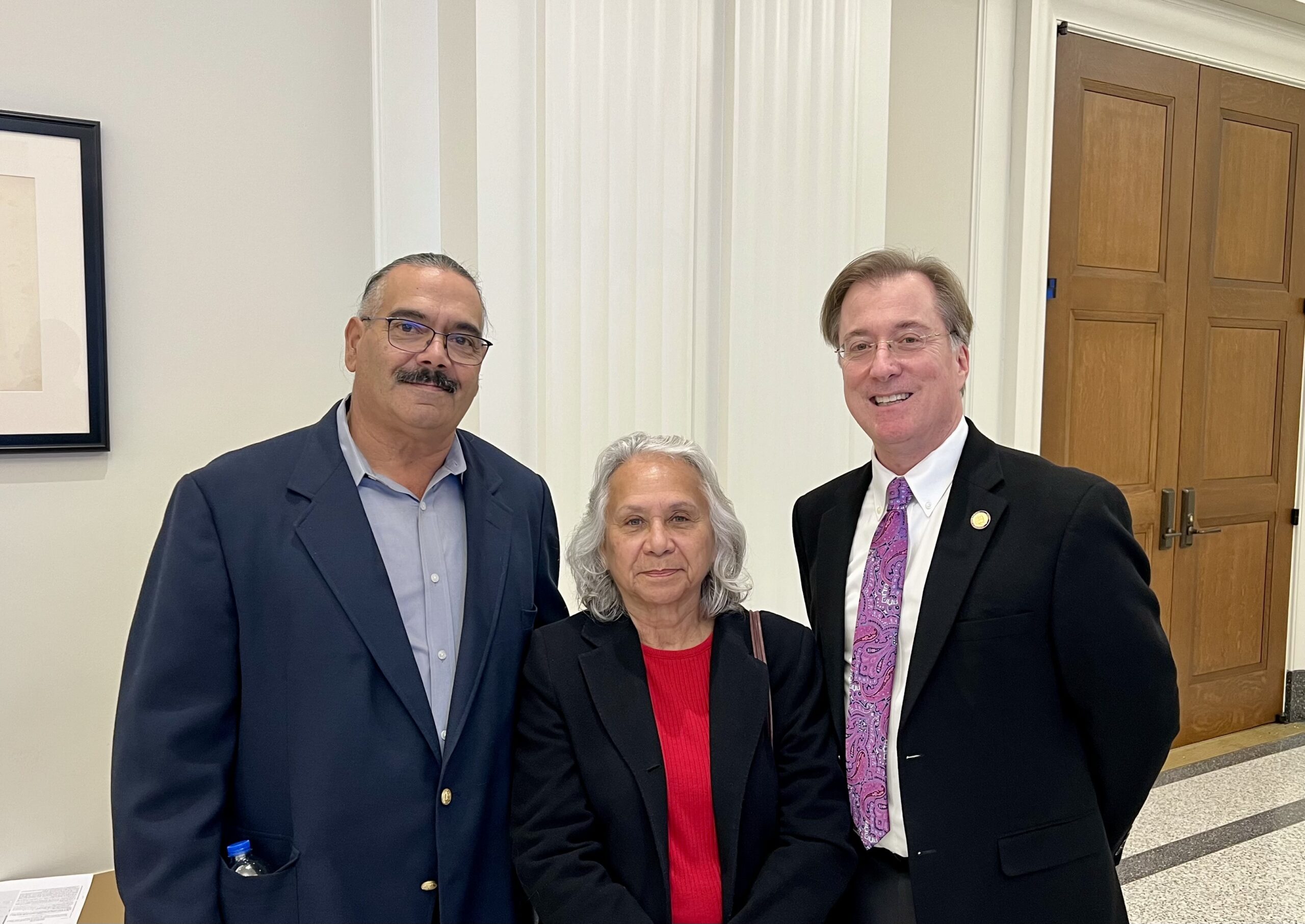FOR IMMEDIATE RELEASE
For media inquiries, please contact:
Marion Werkheiser
Founding Partner, Attorney at Law
Cultural Heritage Partners, PLLC
(703) 489-6059
marion@culturalheritagepartners.com
Richmond, VA – April 10, 2024. On Monday, Governor Youngkin amended a bill passed by the General Assembly affirming the Commonwealth’s obligation to consult with Tribal Nations before granting an array of state permits for projects that may impact tribal cultural, historical, and environmental interests. The Governor left untouched several important provisions, but he weakened the Tribes’ ability to protect their sacred burial grounds.
The bill directs state agencies to consult with Tribal Nations on permits for activities such as large groundwater withdrawals, collection of material from caves, and removal of underwater historic property.
“We thank the bipartisan group of legislators who passed this bill,” said Chief Stephen Adkins of the Chickahominy Indian Tribe. “This legislation is a big, positive step forward in improving the working relationship between the Commonwealth and our Tribal Nations. We will work with agency staff on regulations that enable us to preserve and protect Virginia’s natural and cultural resources.”
HB 1157 directs the Secretary of the Commonwealth to appoint an Ombudsman to ensure that the Commonwealth develops clear and meaningful policies for consulting with Virginia’s federally recognized Tribes.
“This bill demonstrates that Virginia is a good place to do business,” said Chief Frank Adams of the Upper Mattaponi Indian Tribe. “Companies can invest in Virginia with confidence in a clear and straightforward system for engaging with Tribes and other stakeholders.”
Because the new process for state tribal consultation mirrors the existing federal process for tribal consultation, project developers will find compliance familiar and efficient and may use the same process for projects seeking both federal and state permits.
“This bill is a win-win for the Commonwealth, private developers, and Tribal Nations,” said Chief Anne Richardson of the Rappahannock Tribe. “Early consultation avoids unnecessary conflict. Tribal leaders can identify and help resolve any project design issues early in the planning process.”
The General Assembly passed the bill with a requirement that Tribal Nations consent to state permits granting developers the ability to remove or destroy the graves of their ancestors. Governor Youngkin’s amendment instead only requires the Commonwealth to consult with Tribes and try to reach consensus before issuing a permit.
“We are disappointed that the Governor watered down the language that would protect our ancestors’ graves from desecration,” said Chief Diane Shields of the Monacan Indian Nation. “It is vitally important to us that we protect the final resting places of our families. We pledge to continue working to strengthen Virginia state law regarding the protection of sacred burial grounds. Today, we celebrate a step forward while also committing ourselves to continuing the struggle.”
Del. Paul Krizek championed HB 1157 in the House while Sen. David Marsden led efforts in the Senate. Both chambers lent the legislation bipartisan support. The bill codifies key elements of former Governor Ralph Northam’s Executive Order 82 (2021) and is consistent with commitments Virginia made in the 1677 Treaty of Middle Plantation.
The General Assembly will now consider the revised bill in a Special Session convened on April 17.
Image: The Upper Mattaponi Indian Tribe’s Chief Frank Adams and Assistant Chief Lou Wratchford with Delegate Paul Krizek.
